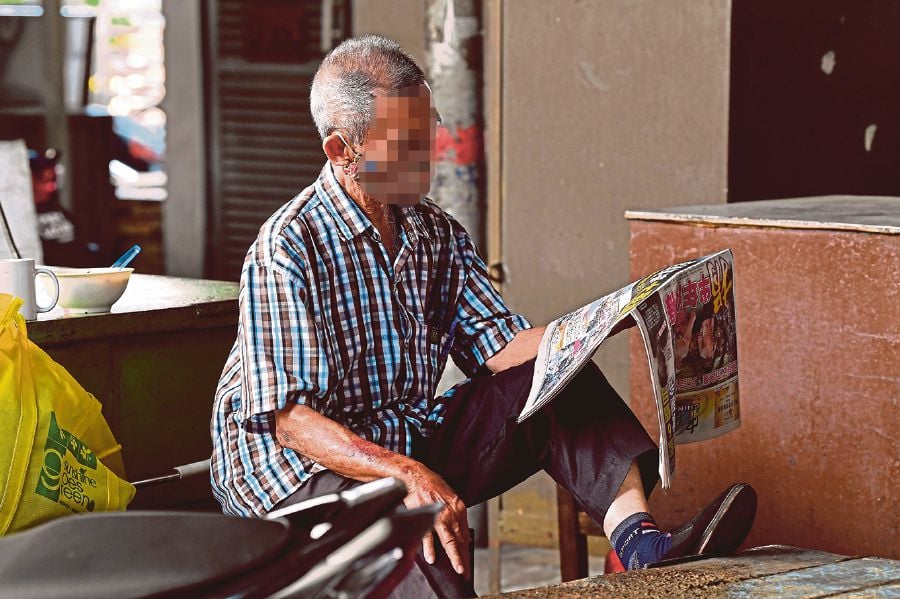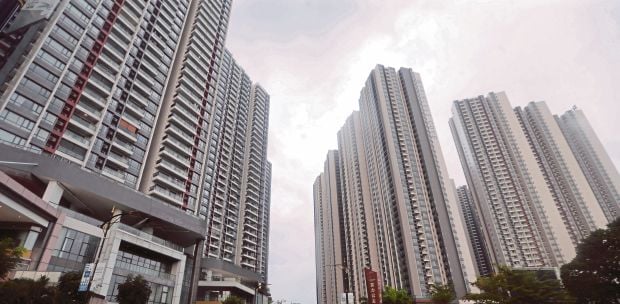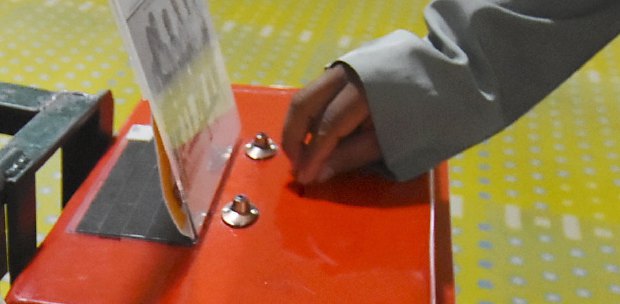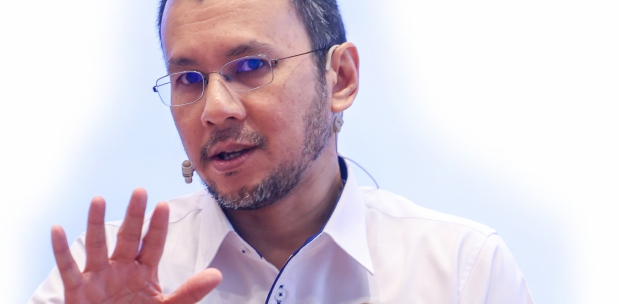SOMEONE recently complained about paying RM350 on a visit to a private hospital.
And the Employees Provident Fund once again warned that too few savers would have enough money to survive deep into their retirement years.
Two statements about money, or the lack thereof. They bring to mind a friend, P, for whom RM350 in cash is a tremendous sum, too. And less than a reality in her life.
P is a senior citizen. She looks older than her age, actually, due to worry and infirmity. Her husband died years ago, leaving her a house and meagre savings.
They bought the house for RM60,000 when homes in the country were gotten because people wanted to live in them. Not to speculate for monstrous gains.
It now has a market value of more than RM250,000.
She has two grown-up children. Both have families of their own. One has a job at a port far away. There he has found comfort and a home.
The other lives high up in an apartment nearby. It offers a wonderful green, hilly vista. He and his wife purchased it several years ago for a handsome RM400,000.
But he lost his job last year to the swinging scythe of the pandemic. That makes repaying the loan more than an arduous task.
P only says: "He is finding it very difficult." But the plain words don't adequately convey the depth of anxiety in her voice and in the furrows on her face.
Which brings me back to her. P is ill. She gives out alternately a gasp and groan. Her body fights endless pain. The remedy for her condition exists but it costs more than she can afford, even at a government hospital.
P's children, in financial straightjackets of their own, can only watch. And perhaps weep. They are not dirt poor. But they are not well off either.
They have assets. Perhaps they are like folks in China, as described by The Economist; in a situation where "property prices have raced ahead of incomes, many homeowners may… be asset-rich but relatively cash-poor".
But I tell you about P's plight not to ask for succour. She is but a symbol of what is perhaps a good number of people in this country, who live precariously with little cash reserves. Now and when they retire.
The EPF says 6.1 million members have less than RM10,000 in their accounts. And that 54 per cent have savings of less than RM50,000 for retirement.
(Incidentally, the New Sunday Times reported on March 16, 2003 that "EPF statistics reveal the average savings of a Malaysian male at age 54 amount to RM90,000 while a female employee only has RM46,000". Fifty-five was the retirement age at that time. So, it seems we are worse off in 2021?)
P and her husband belonged to the "less than RM50,000" group. But now she alone carries the legacy of this inadequacy. She has very little.
Her children, struggling to pay the bills and feed their families, may yet escape to safer ground in the years to come. I hope so.
The data do not lie, though. That so many people have a pittance in their EPF accounts (even before the recent massive withdrawals) can only prove that their incomes have been/are too low to mean anything.
How long will this state of affairs last? Years ago, prime minister No. 6 spoke about the nation having to escape the middle-income trap. PM No. 8 mentioned it this year, too. Economists are still debating the validity of the term.
But how can we meaningfully talk about growth and equality when so many are, in fact, going to face or already in financially uncertain post-retirement years? Like P.
Maybe their children will take care of them eventually, when they have the cash. Maybe new technology will allow them to take on light work for life-sustaining pay.
Maybe governments of the future will provide a basic wage for everyone. Maybe the Shared Prosperity Vision will not disappear like a mirage.
In the meantime, many of our people will continue to live with low incomes. And we must continue to face the fact that RM350 is more than a tidy sum for far too many.
The writer is NST Production Editor






